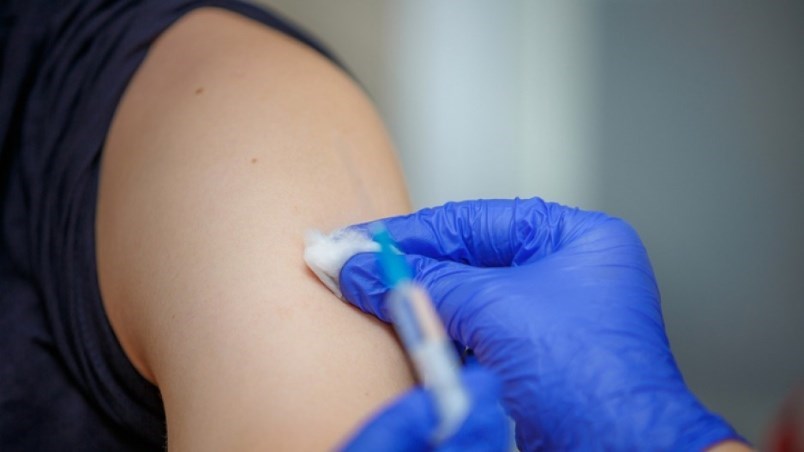THUNDER BAY – Vaccination against the monkeypox virus could be available in Northwestern Ontario as soon as next week, though health authorities caution supplies may initially be limited.
Medical officer of health Dr. Janet DeMille said Thursday the Thunder Bay District Health Unit is still awaiting supply and guidance from the Ministry of Health on eligibility.
“I’m hoping within days we’ll have the vaccine and any further guidance from the ministry on use,” she said. “I’ve challenged my team to start administering it next week if we’re able.”
The district, which has not yet seen any confirmed monkeypox cases, might receive a small amount initially, though DeMille expects further shipments in August and September.
“We don’t want to raise expectations if we don’t actually have the vaccine,” she said. “We are seeing there are some supply issues… and there are areas of the province where there’s more obvious spread happening – and it’s very helpful in protecting us if it can be controlled in those areas.”
The news comes as the number of confirmed monkeypox cases crossed the 400 mark in Ontario, with more than three-quarters of those cases in Toronto.
No deaths have been reported to date, while 11 cases have resulted in hospitalization, including two requiring intensive care.
The majority of cases have so far been identified among males who report sexual or intimate contact with other males, though health authorities have emphasized that anyone can get monkeypox. Risk factors include close contact with someone who has a monkeypox rash, sore, or scabs.
Like other health units in the province, the TBDHU plans to invite those who meet criteria for being at higher risk to register for a waitlist for the vaccine.
The Rainbow Collective of Thunder Bay has advocated for vaccines to be opened to high-risk groups as soon as possible.
Eligibility could open further if the virus is more commonly detected in other groups, DeMille indicated.
“Depending on the epidemiology about where it’s spreading, we could anticipate opening it up more broadly, if the supply and the need was there,” she said.
The most commonly reported symptoms include a rash, oral/genital lesions, swollen lymph nodes, a headache, a fever, chills, myalgia or fatigue.
Anyone who believes they are at risk and experiencing monkeypox symptoms is encouraged to reach out to their health care provider or the health unit at (807) 625-5900 or 1-888-294-6630 to speak with an infectious disease nurse.
More information is available on the health unit’s website
Health authorities, working with advocacy groups like the Gay Men’s Sexual Health Alliance, have so far been relatively successful in limiting the spread of the virus in Ontario, DeMille said.
However, she cautioned the situation elsewhere shows a need for vigilance, something acknowledged by the World Health Organization when it recently declared monkeypox a Public Health Emergency of International Concern.
“When you look at what’s happening in parts of the United States, it does seem like it’s a bit out of control, and that’s quite concerning,” DeMille said. “But I think we’re in a reasonably good situation right now, and we will adjust accordingly going forward.”
